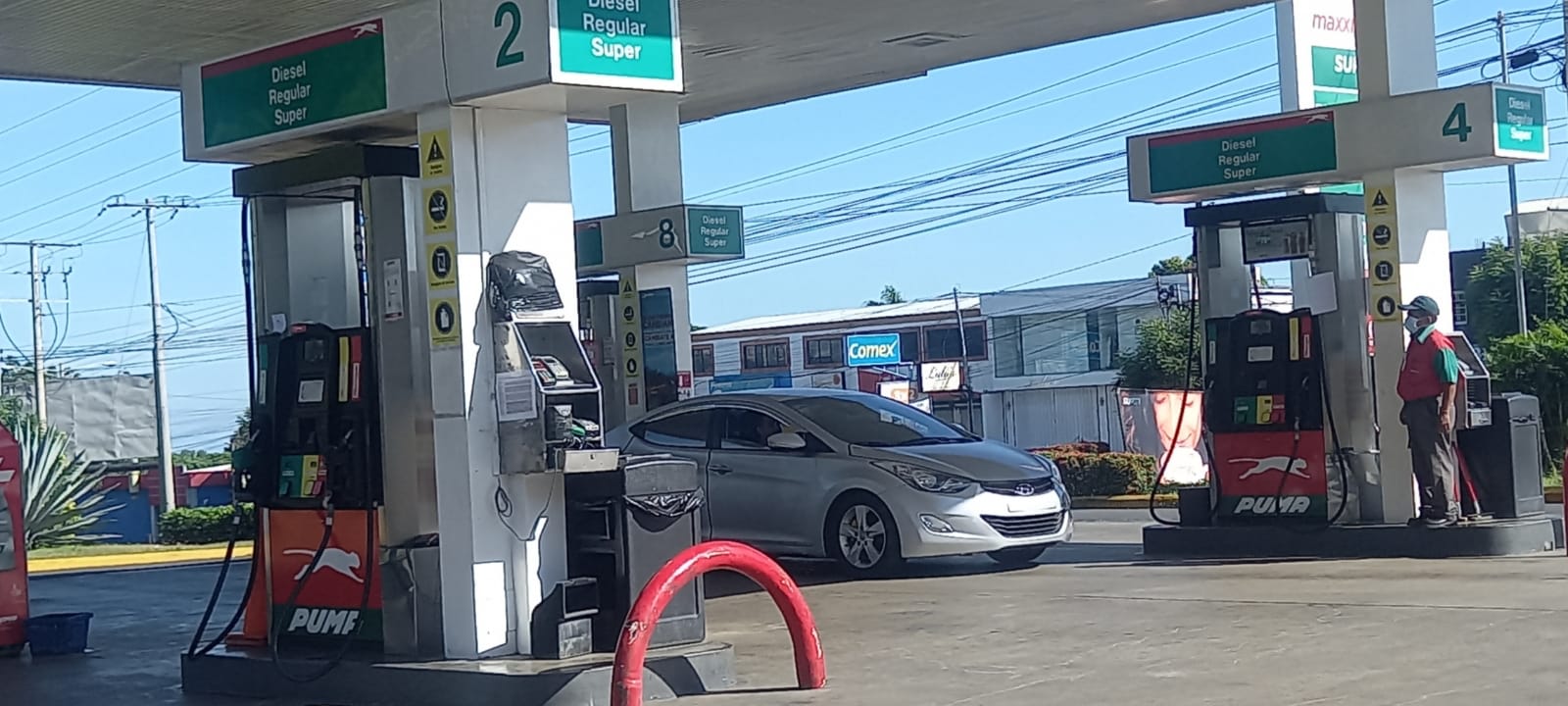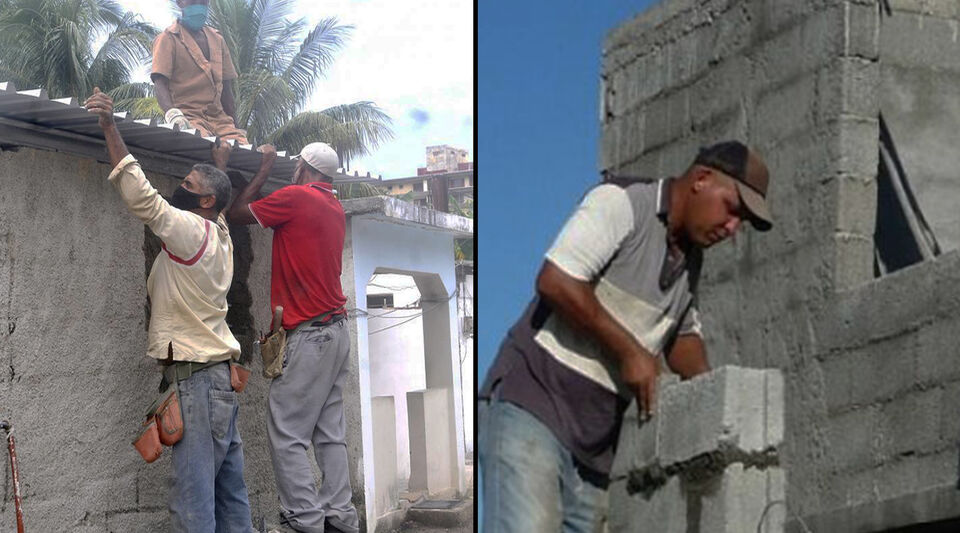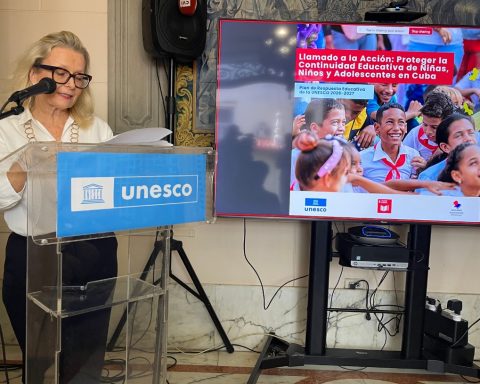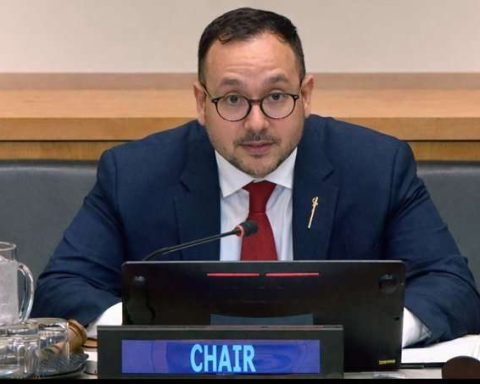Through the Nicaraguan Institute of Energy (INE) and the Ministry of Energy and Mines, the Government of Daniel Ortega reported that the prices of fuel and liquefied gas (for cooking) will remain unchanged, after seven consecutive increases so far of 2022.
The Executive acknowledges that “from January 2021 to March 2022, the international price of oil has increased by 107%, going from an average in January 2021 of 52.1 US$/barrel to 107.9 US$/barrel. average in March 2022.”
Related news: New beating in fuels, after its seventh week of rise
Under this argument, the State reported that in the week from March 13 to 19, 2022, in which considerable increases resulting from international oil prices were to be applied, they were not applied, leaving the prices without any adjustment.
Likewise, for the week of March 20 to 26, the prices of gasoline, diesel and liquefied petroleum gas they will remain the same, without any adjustment, “emphasizes the statement dated March 19.
The INE and Minas “promise” that they will continue to permanently monitor the behavior of international prices and the rest of the variables that make up the price of fuels and “the corresponding actions and measures will be taken to mitigate the impact of the increase in these prices in the economy of Nicaraguan families.
This is the second time that the Nicaraguan regime has ordered a freeze on fuel prices. The last time was on October 23, 2021 —when oil prices fell internationally—, however, in January 2022 the increase returned, affecting the pockets of Nicaraguans.
Related news: Ortega will regulate fuel prices in the face of a wave of rising complaints
Ortega continues to affirm that the constant increases in oil are due to external causes, thus affecting the prices of fuels and liquefied gas, necessary for use in Nicaraguan homes and economic sectors.
The last time fuels rose was on March 6, suffering a confrontation not seen before in Nicaragua. Per liter, super gasoline rose 1.08 córdobas, regular 1.00 córdobas and diesel 1.19 córdobas.
According to economists, although this freeze momentarily ensures that fuel prices will not rise, the “headache” for Nicaraguans will continue as soon as prices are updated and the rise continues.


















